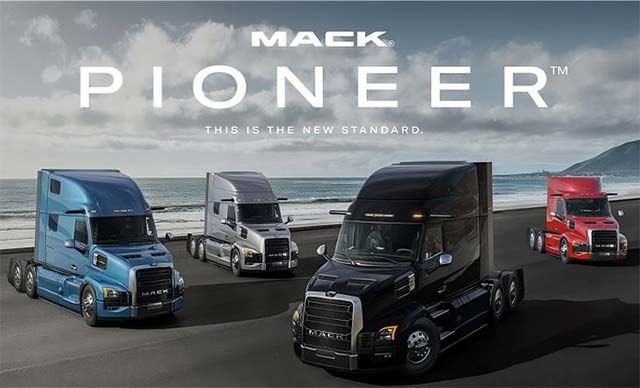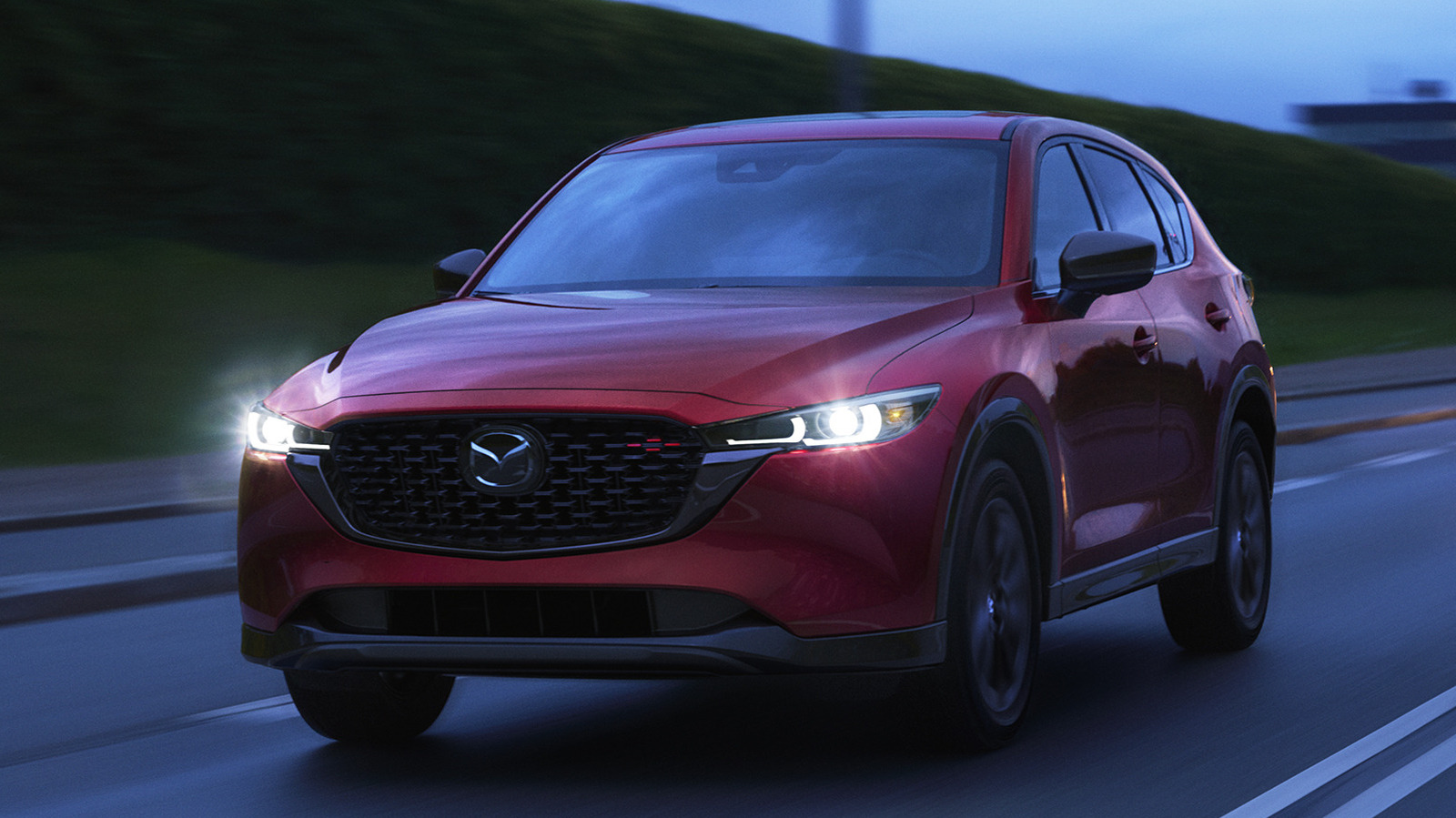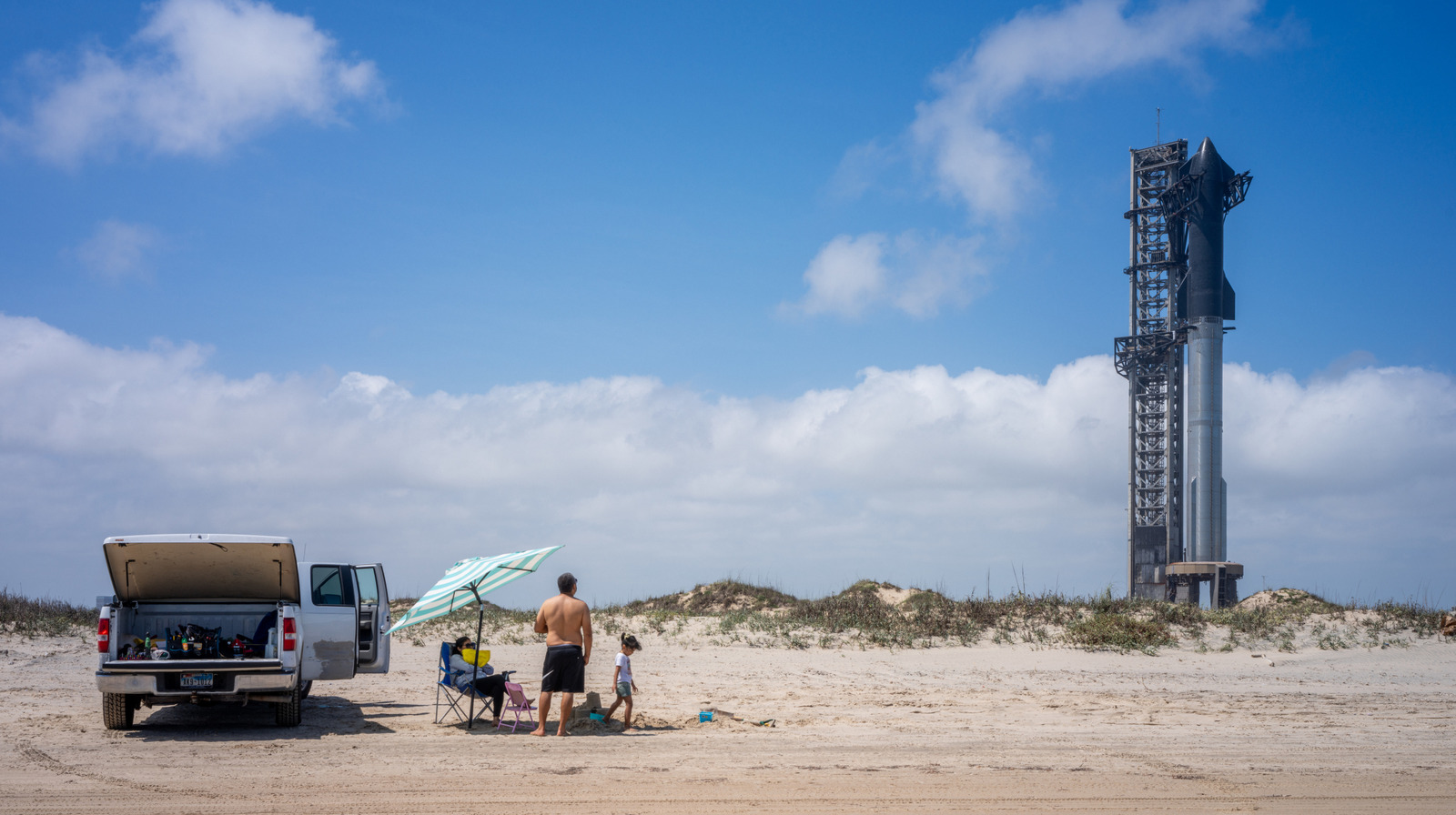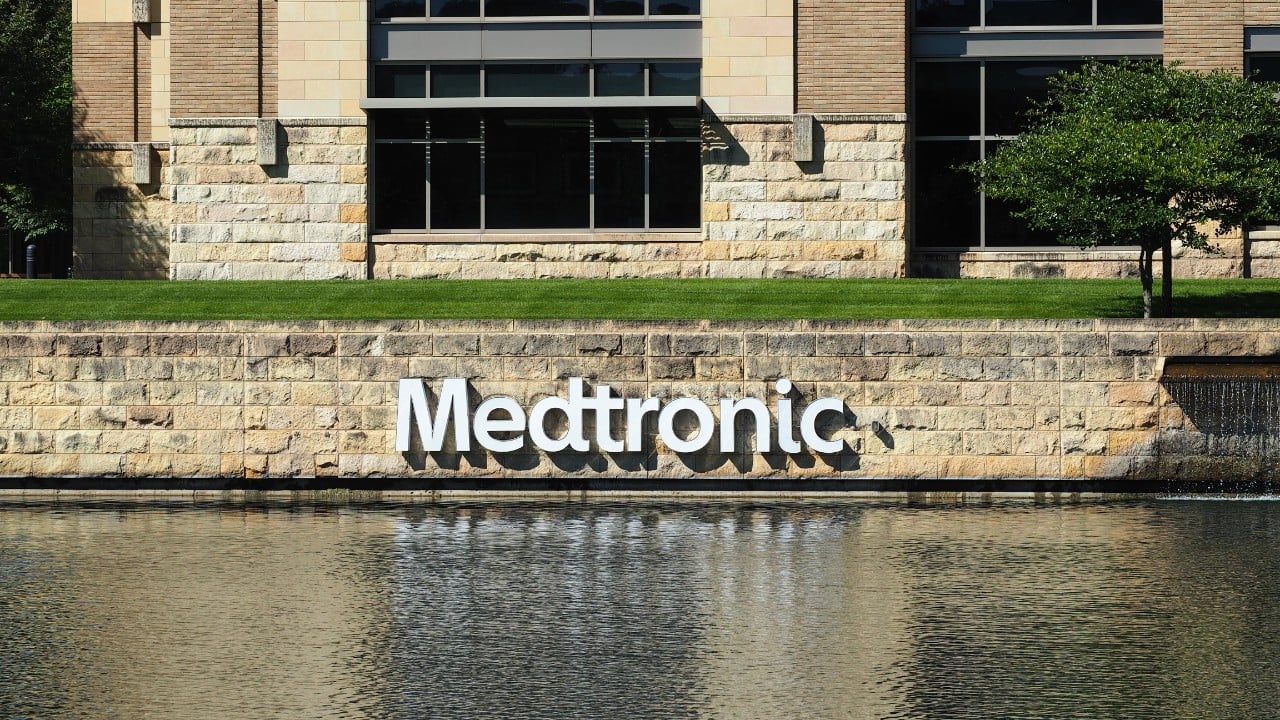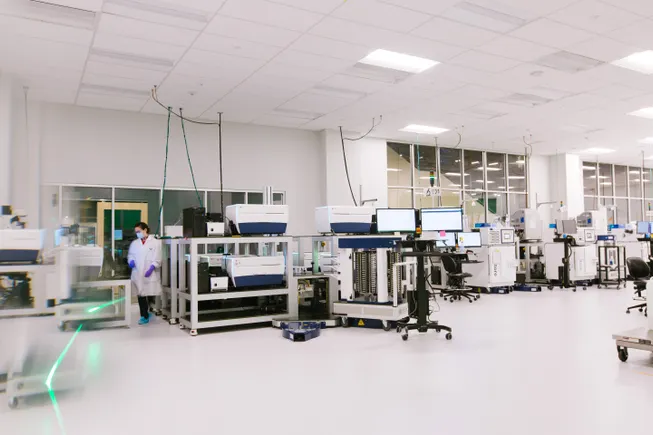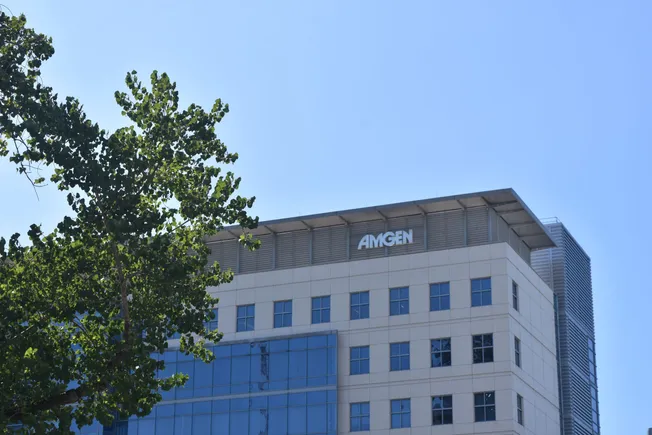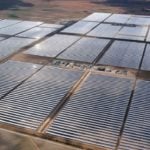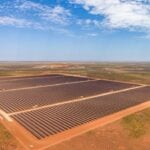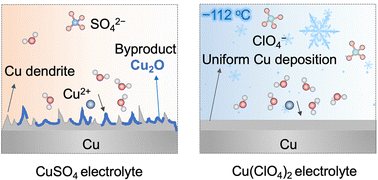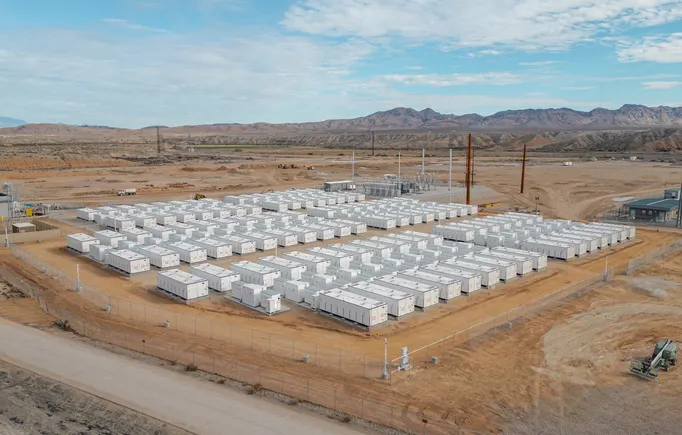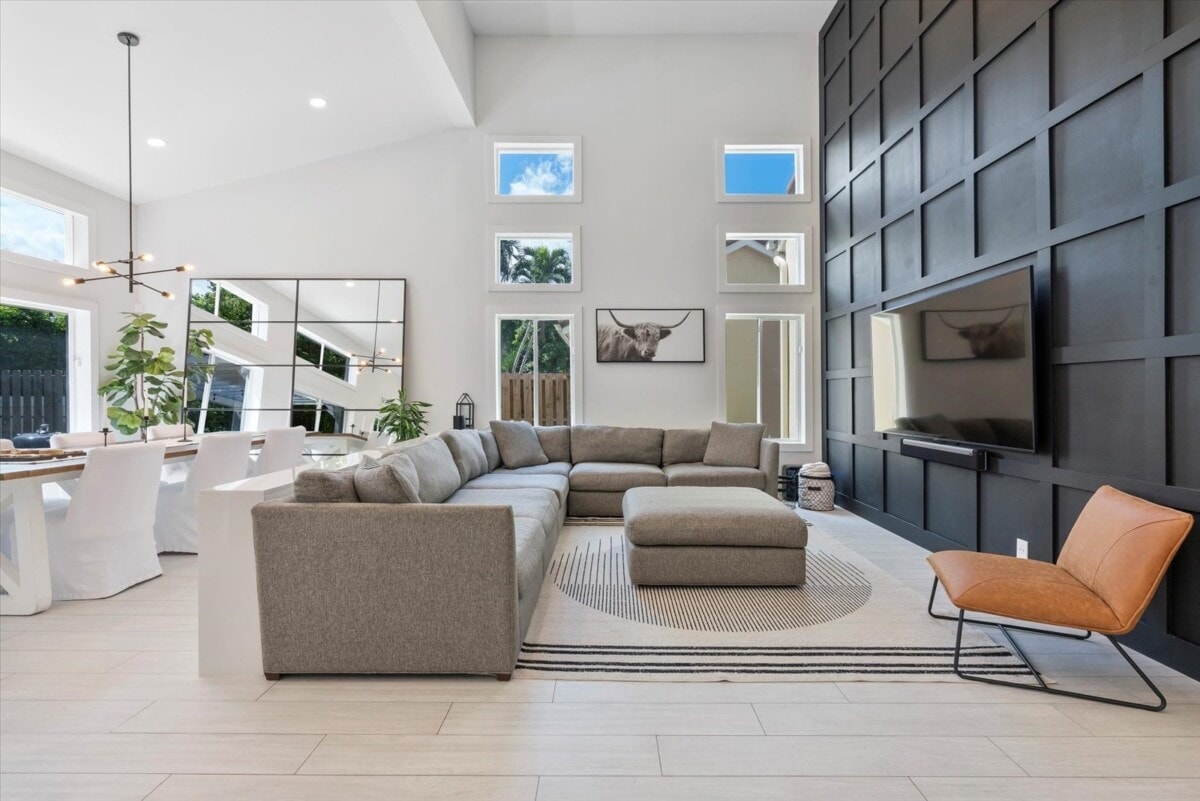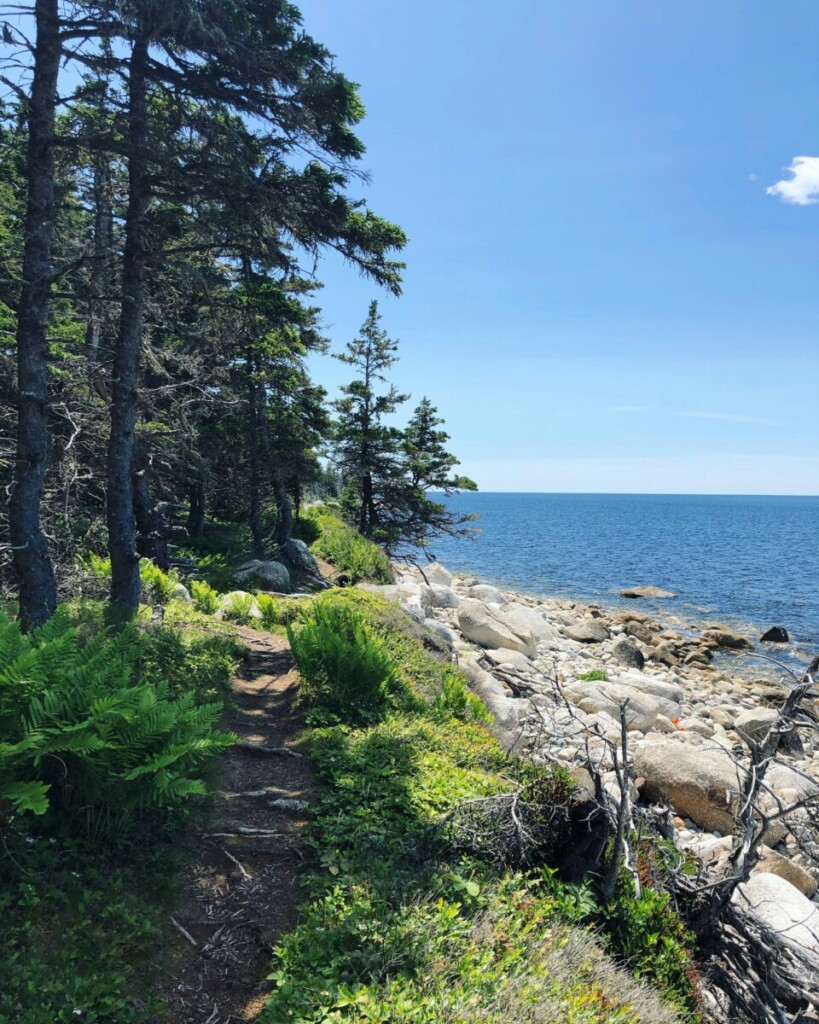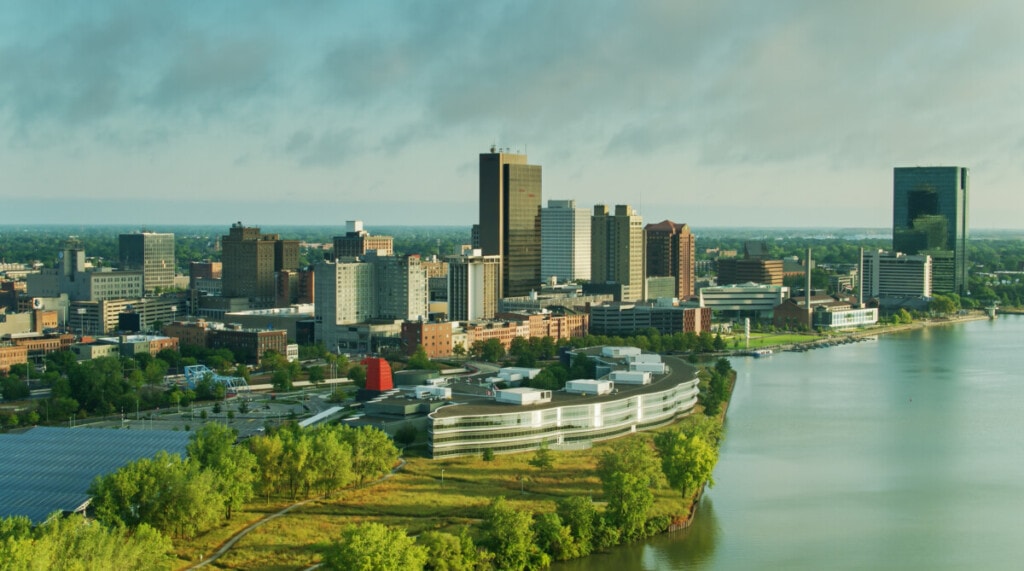How Much Does it Cost to Buy a House?
How much does it cost to buy a house? Find out the costs of buying a home, like down payment, mortgage, and closing costs, before making an offer. The post How Much Does it Cost to Buy a House? appeared first on Redfin | Real Estate Tips for Home Buying, Selling & More.
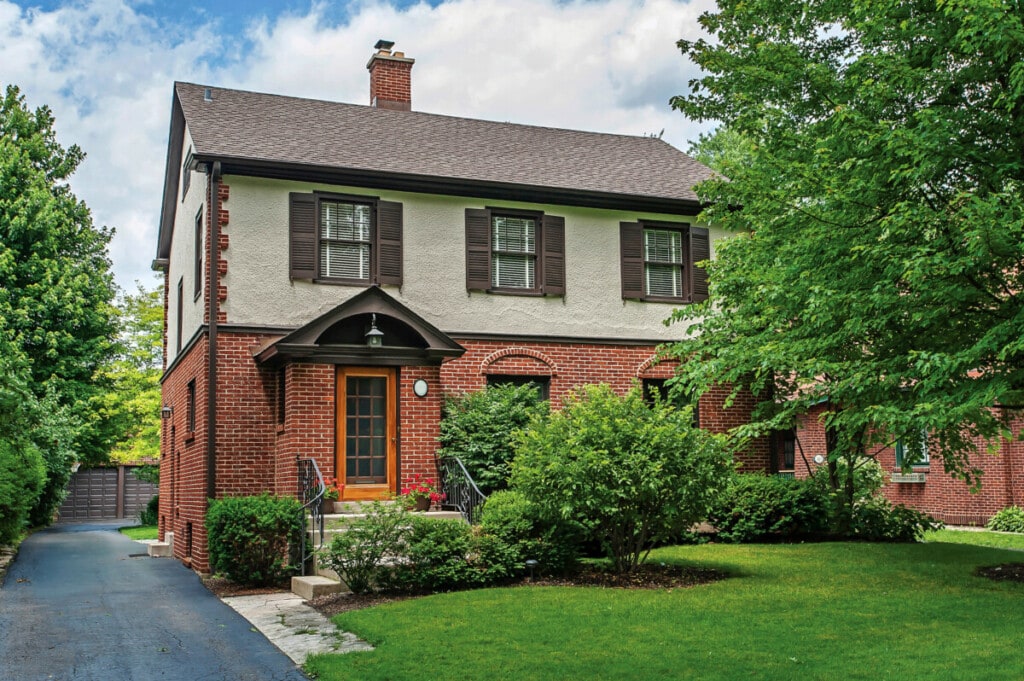
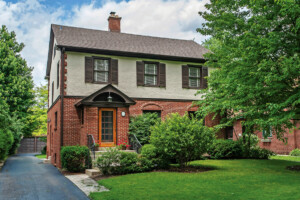
As you begin thinking about buying your first home, there are lots of costs to save up for. From down payment and closing costs to mortgage payments and utilities, it can be confusing to know how much you need to buy a home. But, it doesn’t have to be difficult.
In this Redfin article, we’ll outline how much it costs to buy a house and the ongoing costs of homeownership. Whether you’re buying a home in Seattle, WA, or a condo in Atlanta, GA, here’s what you need to know about the costs of buying a home this year.
Key takeaways
- The national median home sale price is $418,478, as of January 2025.
- Your down payment amount can range from 0 to 20%, depending on your loan type and finances.
- Closing costs are usually 2%–5% of the home’s purchase price.
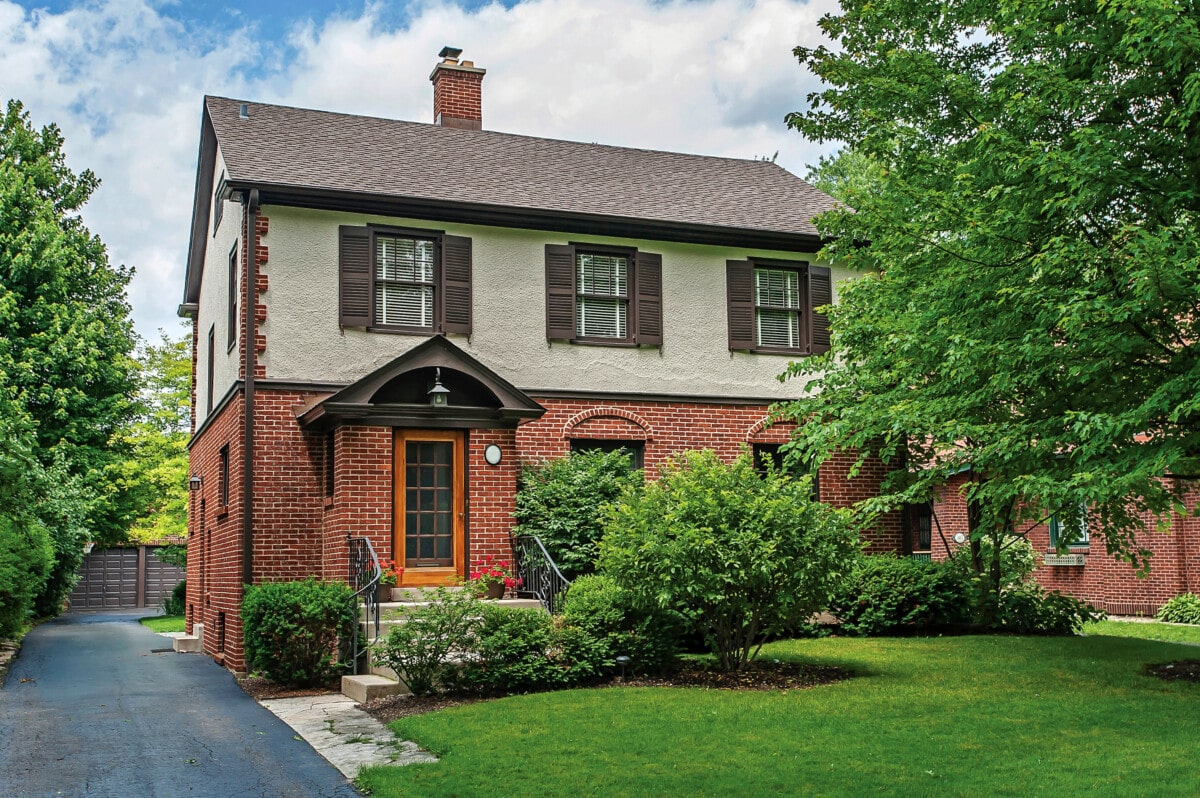
What’s the average cost of buying a home in 2025?
As of January 2025, the national median home sale price is $418,748. Housing prices vary depending on the home type, location, and neighborhood. For example, the median home sale price in Seattle, WA, is $795,950 compared to housing prices in Atlanta, GA, where the median home sale price is $380,000.
You can check the median home sale price in your city, or the neighborhood you’re looking to buy here. That way you understand how much homes typically sell for in your area.
What are the upfront costs of buying a house?
There are a variety of upfront costs to consider when determining how much it costs to buy a home – and what you can afford.
Down payment
Typical range: 3% – 20% of the home’s purchase price
A down payment is the deposit you pay toward a home’s purchase price. It’s usually the biggest upfront cost of buying a home, but this can vary depending on your loan type. Some loans allow you to put zero down or as little as 3% down. Most buyers put more than 3% down, as a larger down payment can give you better interest rates, more loan options, and make your offer stronger.
Using the national median home sale price, $418,478, let’s say you want to put a 10% down payment on the home.
$418,478 x 10% = $41,847
In this example, your down payment would be $41,847.
It’s possible that you may not be able to afford that down payment. There are plenty of loans that offer lower down payment options, like FHA loans. You may also qualify for a down payment assistance program, which helps lower the cost of your down payment.
Mortgage insurance
Average cost: 0.5% – 1.5% of your loan amount annually
If you put down less than 20%, you’ll probably have to pay for private mortgage insurance (PMI). PMI protects your lender in case you can’t pay your mortgage. This cost is added to your monthly mortgage bill and can also add thousands to your closing costs for some loans, like FHA.
You can use a mortgage calculator with PMI to get an estimate of your PMI costs. Using our same example, you buy a home for $418,478 with a 10% down payment.
In this example, your monthly PMI cost would be about $235.
Some loans don’t require PMI at all, so ask your lenders about the best options available to you. As a general rule, the larger your down payment, the less you’ll pay in PMI.
Closing costs
Typical range: 2%–5% of the home’s purchase price
Many first-time homebuyers may focus on saving for a down payment, but another cost when buying a home is closing costs. Closing costs are the fees and other expenses associated with the purchase and sale of a home. So how much are closing costs on a house, and what do they include?
- Closing costs usually total 2%–5% of the home’s purchase price.
- They’re due with your down payment when you close on the home. Just like your down payment, you’ll need enough available in your bank account to cover these costs on closing day.
- Typical closing costs include lender and escrow fees, insurance, and taxes—costs associated with completing the home sale and making the home legally yours.
Lender fees are negotiable, and some lenders don’t charge a fee at all. When you get pre-approved, make sure to ask about these fees (also known as “origination fees” or “processing fees”) and shop around so you can compare costs.
Using our example above, you purchase a home for $418,478. To get the possible range for your closing costs, you’ll multiply that number by 2% and 5%.
$418,478 x 2% = $8,369
$418,478 x 5% = $20,873
In this example, your closing costs could range from $8,369 to $20,873.
Inspection and appraisal fees
Average cost: $300 – $400 each
Home inspection and appraisal fees are often paid at the time of inspection but sometimes are included in closing costs. An inspection helps identify major problems with the home, while an appraisal determines the home’s value. Home inspections aren’t always required, but it’s a good idea to understand the home’s condition. Most lenders will require a home appraisal to ensure they’re not lending you more than the home’s value.
Cash reserves
Many lenders require you to have some cash reserves left after purchasing a home. This allows lenders to make sure you’re not going to deplete all your savings and have enough left over to make monthly mortgage payments. Your lender will determine how much reserves you should have, but it’s usually about two months’ worth of mortgage payments. They will typically include stocks and other savings as part of your reserves.
Moving costs
Typical range: $883 – $2,569*
Moving costs can vary depending on how far you’re moving and how much stuff you’re transporting. Long-distance or cross-country moves will cost more than $2,500 – in some cases up to $10,000. If you’re moving within the same city, it’ll cost less. You’ll have to factor in whether you need professional movers or if you can move some of your items yourself. Moving costs often fluctuate throughout the week and year, with weekends often costing more.
*According to a 2025 study by Angi.com
Cost of buying a home
Using the above example of purchasing a home for $418,748, here’s what the total upfront cost of buying a house looks like.
| Purchase price: $418,478 | Average cost |
| Down payment (10%) | $41,847 |
| Mortgage insurance | $235 |
| Closing costs (5%) | $20,873 |
| Inspection and appraisal | $800 |
| Cash reserves (two months of mortgage payments) | $5,560 |
| Moving costs | $1,000 |
| Total cost | $70,315 |
What are the ongoing costs of owning a home?
Even after closing day and moving in, there are plenty of ongoing costs of homeownership. You’ll need enough in your budget to cover monthly household expenses, funds for repairs, and additional fees.
Mortgage payments
Average monthly cost: $2,780*
Mortgage payments vary widely depending on the type of loan, loan terms (number of years), and interest rate on the loan. Your credit can also affect your interest rate and monthly payments. If your credit score isn’t as high as it could be, talk to your lender about how to bring it up fast, or learn how to improve your credit score.
*Calculated using the national median home sale price with a 20% down payment
Utilities
Average monthly cost: $583*
Depending on your prior housing arrangements, a utility bill could come as a surprise to the costs of owning a home. Some landlords include bills for sewer, water, and garbage in the rent, so it can be hard to know what they cost. As a homeowner, you’ll need to factor these into your budget. Other utilities include internet, cable TV, natural gas, and electricity.
*According to a 2024 study by Move.org
Property taxes
When you buy a home, you’ll pay a portion of your property taxes at closing. But you’ll also have to pay them on an ongoing basis for as long as you own your home. Property taxes can vary widely depending on the value of your home, location, and tax changes each year. Your lender should give you the option to set up a special account, known as an “escrow” account, to make future payments on taxes so you don’t have to worry about tracking these bills.
Homeowners insurance
Average yearly cost: $2,377*
Like property taxes, you’ll pay your homeowners insurance at closing. You may also be able to add money to an escrow account to cover these payments in the future. Depending on where you live, you may have additional insurance policies like flood insurance or fire insurance. These are extra payments you’ll need to budget for.
*According to a 2024 study by the NAR
HOA fees
Average monthly cost: $100 – $1,000
If you’ve purchased a condo or home that belongs to a homeowner’s association (HOA), you’ll need to budget for HOA dues in your household expenses. These monthly fees are generally used for property maintenance in some neighborhoods and condo properties. HOA dues can range from $100 to over $1,000 depending on the property and location.
Maintenance costs
How much you keep stored away for unexpected maintenance or repair costs is up to you. It’s often recommended that you budget around 1% of your home’s value for maintenance. If you purchased that $418,478 home, you may want to save around $4,200 for repairs. Consider an additional emergency fund that you can access in case of urgent repairs or maintenance.
FAQs about how much it costs to buy a house
How much house can I afford?
You can figure out how much house you can afford by determining your monthly debts, such as loans, monthly household expenses, savings, and yearly income. These can all help you determine your budget for buying a home.
Can I buy a house with zero down?
Yes, there are some loans that allow you to buy a home with zero down payment. VA and USDA loans allow qualified buyers to purchase a home with no down payment. These loans can be difficult to qualify for, but there are plenty of other low-down payment loans available.
Can I lower closing costs?
There are many programs that can help cover closing costs for eligible first-time homebuyers. These may offer grants, loans, or cover the full amount you would pay in typical closing costs. You may also be able to lower your closing costs by choosing a lender with low or no fees or negotiating certain costs with the home seller. Your lender or real estate agent can help you determine the best options for you.
The post How Much Does it Cost to Buy a House? appeared first on Redfin | Real Estate Tips for Home Buying, Selling & More.



























